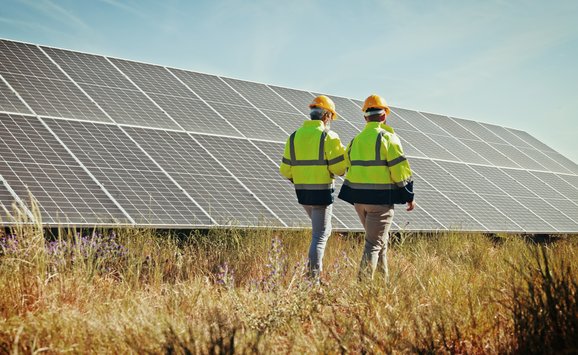Social cost of Carbon and Electricity
The White House has revised the data used in its evaluation of the social cost of carbon (SCC), resulting in a change from $21 to $38 per metric ton in the central case estimate. The technical support document is open for public comment and officials are interested in understanding “the strengths and limitations of the overall approach.”
Imposing a carbon tax on power generation based on the SCC would change the mix of technologies and fuels used to produce electricity, according to RFF’s Anthony Paul, Blair Beasley, and Karen Palmer. In new research focusing on a range of SCC values, the authors find that lower SCC estimates favor gas substitutions for coal, whereas “higher estimates induce switching to wind and nuclear generation.”
Limits to Ingenuity
A group of researchers from the Rensselaer Polytechnic Institute examined the effort of villagers in China to replace the dwindling bee population by pollenating apple trees by hand—which resulted in a 30 to 40 percent growth in apple production. However, the authors caution against “the danger of allowing the logic of the market to drive conservation policy.”
According to RFF’s James Boyd, humans cannot always depend on ingenuity to “save the day.” He writes: “It’s also hard to imagine how we would innovate our way around the loss of natural resources important to our cultural identity or sense of beauty and wonder. There aren’t many substitutes for the relatively untouched expanse of Alaska’s North Slope if what matters to you is its very wildness.” Boyd also moderated a discussion between historians, ecologists, economists, psychologists, and entrepreneurs to examine such issues. Video is available here.




